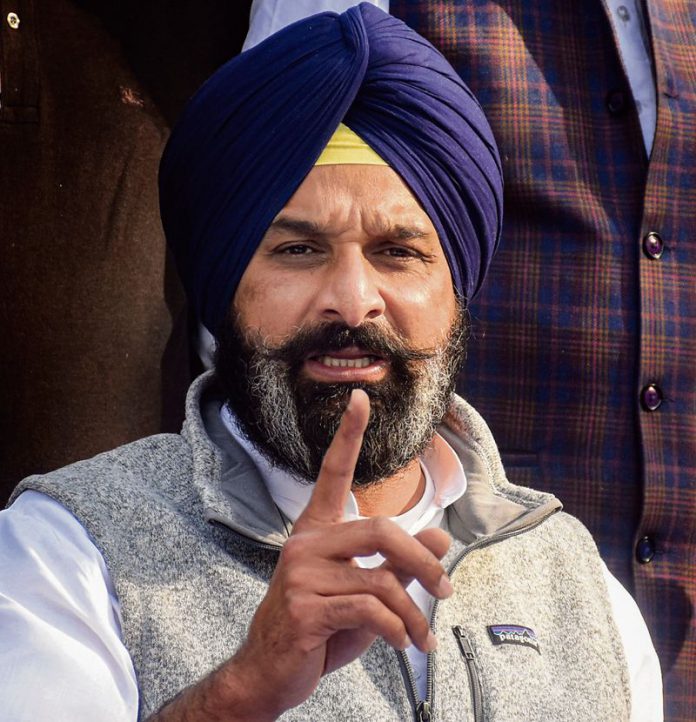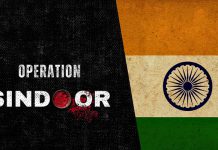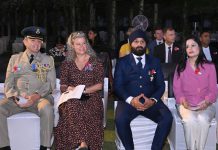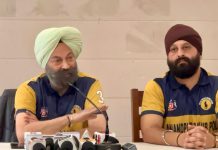
(Says application lacked constitutional propriety as no decision on granting land to Haryana in the UT could be taken without the consent of parent State – Punjab)
(Says proposal could inflame passions like in the case of SYL and said SAD was committed to opposing it in keeping with the sentiments of Punjabis)
Chandigarh, November 20 – Former minister Bikram Singh Majithia today appealed to Chandigarh Union Territory Administrator Banwarilal Purohit to deny the Haryana government’s land swap proposal to establish a separate Vidhan Sabha in the UT even as he asserted the proposal was against constitutional propriety.
Reacting to a submission made to the UT Administrator by the Haryana assembly Speaker, the Shiromani Akali Dal (SAD) leader in a letter to the Administrator said Chandigarh was an inalienable part of Punjab and the Haryana government could not apply for a land swap without taking the consent of the parent State. “If such requests are taken into consideration they will create anarchy as nothing stops the Punjab and Himachal governments to put in requests for land swaps. The application is also against Section 3 of the constitution which makes it clear that only parliament can change the borders of a State with the consent of the President”.
The SAD leader also apprised the Governor that the issue also concerned the sentiments of Punjabis which might get inflamed in the same manner as in the case of the Sutlej Yamuna Link (SYL) issue. “Punjab has gone through a period of strife and nothing should be done which has the propensity to vitiate the atmosphere in the region. Haryana thinks it will strengthen its case in Chandigarh by establishing a separate Vidhan Sabha but it is playing with fire. The SAD on its part is committed to opposing this insidious agenda vigorously in keeping with the sentiments of Punjabis who find this proposal intolerable and unacceptable”.
Mr Majithia also informed the Administrator that the Haryana government’s application was also in contravention of the Punjab Reorganisation Act, 1966, the Rajiv Longowal Accord and also against the spirit of federalism as a unilateral decision on this request would be discriminatory towards Punjab.
Giving details of Punjab’s case, Mr Majithia said Chandigarh was created by uprooting 22 Punjabi speaking villages of Kharar Tehsil. “This gives Punjab a natural right over Chandigarh, a fact that has never been disputed by the centre or even Haryana”. He also asserted that it was a well established precedent that whenever a State was divided the capital evolved to the parent State. He said the Punjab Reorganization Act, 1966 and a subsequent announcement by the Union government in 1970 made it clear that Chandigarh would go to Punjab. “Haryana was given temporary office and residential accommodation in Chandigarh till such time it did not establish its own capital. These guarantees were further strengthened by the Rajiv-Longowal accord which gave Punjab an exclusive right over Chandigarh. The accord was ratified by parliament”.
Mr Majithia also brought on record various measures taken from time to time to dilute Punjab’s right over Chandigarh and requested the UT Administrator to correct the situation. He said ever since the Reorganisation of the State, officers in Chandigarh were posted in a 60:40 ratio between Punjab and Haryana respectively. “Over time this was diluted with the creation of a separate UT cadre and now AGMUT and DANIPS officers hold key positions in Chandigarh”. He said there was a recent incident of officers of Punjab cadre being sidelined in the UT administration by being moved out of important posts. He asserted the move to implement central pay scales in Chandigarh was also in contravention of the federal principle and is seen as another move to dilute Punjab’s right over the UT. “Similarly the dilution of the status of Punjabi in the UT is a cause of concern and needs to be addressed urgently”, he said while urging the Administrator to deny Haryana’s request and simultaneously recommend the immediate transfer of Chandigarh.






